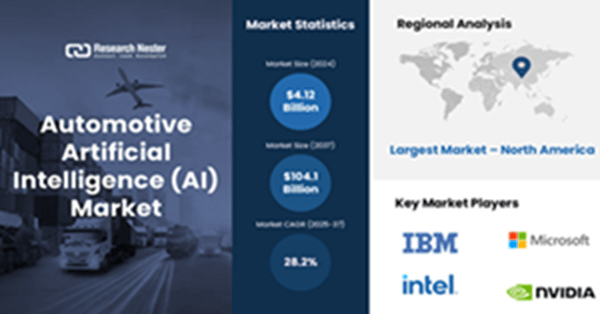Ericsson Kicks Off Hackathon for Smart Manufacturing in Indonesia
Ericsson has officially launched the “Ericsson Hackathon 2024,” designed to drive innovation and digital transformation in Indonesia’s manufacturing sector. In collaboration with the Ministry of Industry, PIDI 4.0 (Indonesia’s Industry 4.0 Digital Center), the Ministry of Communication and Digital, Innovation & Learning Centers, Swiss German University, and KORIKA, this hackathon will focus on leveraging Generative Artificial Intelligence (Gen AI) and 5G technology to advance smart manufacturing.
Driving Smart Manufacturing Innovation with 5G and AI
The Ericsson Hackathon 2024 aims to tackle real-world challenges in Indonesia’s manufacturing industry by harnessing advanced technologies such as IoT, big data analytics, robotics, and AI. Participants, including students and professionals, will develop innovative solutions that enhance automation, predictive maintenance, quality control, and supply chain management.
Through the use of 5G and AI, the program encourages participants to rethink traditional manufacturing processes. Contestants will gain hands-on experience with these technologies and receive mentorship from industry experts, helping them craft practical solutions for smart manufacturing. The final entries are due by October 31, 2024, with winners to be announced on November 28, 2024, and a prize pool of USD 3,200.
Key Judging Criteria for Ericsson Hackathon 2024
The hackathon winners will be judged by a panel of experts based on several key criteria, including technical, business, and design elements.
- Technical criteria will assess the code’s cleanliness, complexity, and functionality, as well as the participants’ understanding and utilization of relevant technologies.
- Business criteria will examine how well the team identifies the problem, the feasibility of their solution, market fit, and the overall implementation strategy.
- Design criteria will focus on the rationale behind the design, the aesthetics and user experience (UX), and the creativity of the solution.
How 5G and Gen AI Are Accelerating Indonesia’s Digital Transformation
Krishna Patil, Head of Ericsson Indonesia, highlighted the company’s commitment to advancing digital transformation in Indonesia, particularly through initiatives that promote Industry 4.0. “At Ericsson, we are committed to supporting Indonesia’s digital transformation and empowering the country to unlock the potential of Industry 4.0. This Hackathon embodies our commitment to innovation in Indonesia by shaping the future of industries, especially in the manufacturing sector, by harnessing the power of Gen AI and advanced 5G technology,” said Patil.
Addressing Industry Challenges Through Collaboration
The Ericsson Hackathon 2024 aims to address key challenges in Indonesia’s manufacturing sector, including the need for technological integration, large-scale investment, and upskilling the workforce. Saiful Bahri, Director of PIDI 4.0, emphasized that this event will serve as a platform for building a digital innovation ecosystem. “PIDI 4.0 is working to take a role as a facilitator to build a digital innovation ecosystem to create digital entrepreneurs who optimize technology applications to overcome challenges in the manufacturing industry,” said Bahri.
This collaborative approach is critical as Indonesia transitions toward Industry 4.0, where adopting advanced technologies like AI and 5G is essential to maintaining competitiveness in the global market. The manufacturing sector is central to Indonesia’s digital transformation agenda, and the hackathon will play a pivotal role in accelerating this transition.
Unlocking Economic Potential with 5G
The rollout of 5G technology in Indonesia is set to be a catalyst for both digital transformation and economic growth. According to Ericsson’s “5G for Business” study, 5G-enabled digitalization has the potential to generate USD 8.49 billion in revenue for Indonesian operators, with the manufacturing sector showing the greatest promise. The Ericsson Hackathon 2024 aims to unlock new opportunities in this sector by addressing existing manufacturing challenges and encouraging innovative solutions.
Empowering Future Innovators
In addition to the competition, hackathon participants will benefit from mentoring sessions and workshops led by industry experts. These sessions will focus on building technical, design, and business skills, helping participants refine their solutions and gain practical insights from experienced professionals. By fostering collaboration between academia, industry, and government institutions, Ericsson aims to encourage innovation that will shape the future of smart manufacturing in Indonesia.
Conclusion
The Ericsson Hackathon 2024 presents a unique opportunity for students and professionals to contribute to Indonesia’s digital transformation and help drive the country’s manufacturing sector into the Industry 4.0 era. By leveraging 5G and Gen AI, participants can develop cutting-edge solutions that not only address the challenges faced by the manufacturing industry but also create a positive, lasting impact on Indonesia’s economy.
For more information on the Ericsson Hackathon 2024, visit Ericsson Hackathon.


















